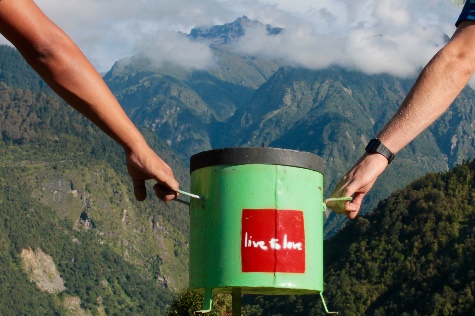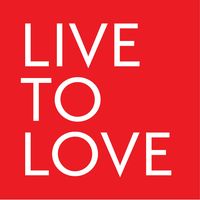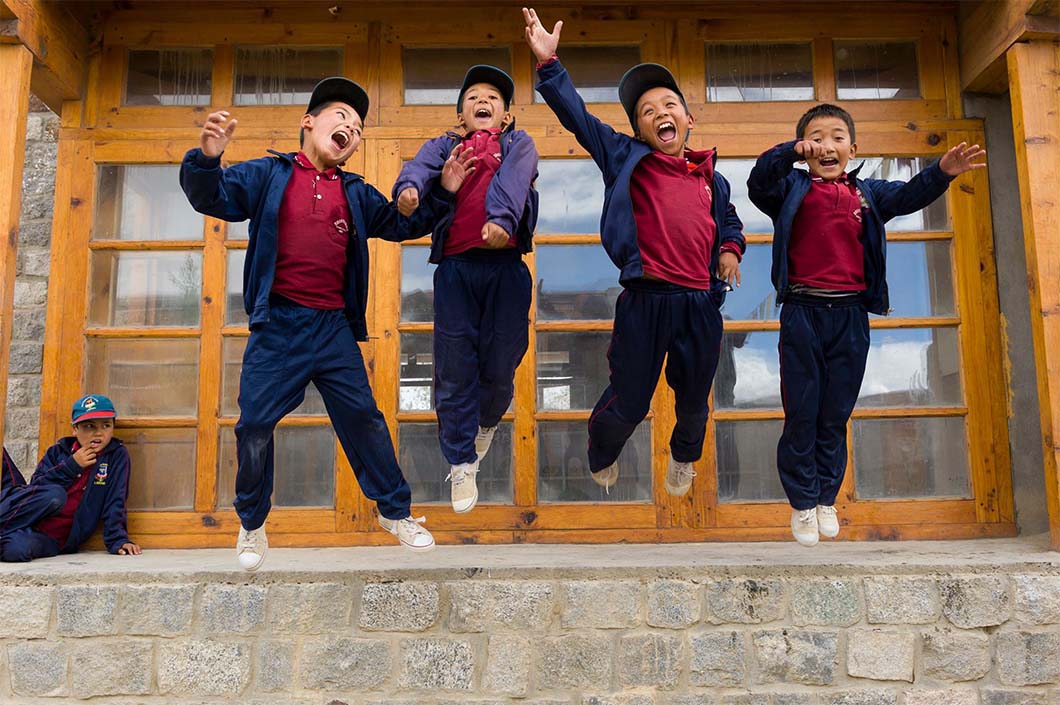EDUCATION
About:
Druk Padma Karpo School provides quality education in an exceptional learning environment for girls and boys (aged 3 to 16 years) living in the remote Himalayan region of Ladakh, North India. The school took its first intake in September 2001 and now has nearly 750 students with 40% living on campus in purpose built accommodation.
The school draws from a wide catchment area within the Leh valley region and offers residential facilities to local families as well as children from remote areas for whom opportunity and life choices are often limited and quality education is unavailable.
Many of Druk Padma Karpo School’s students are first generation learners who now have the opportunity to study through to matriculation exams, at age 16, and then progress to higher education and even college or university. Through the delivery of a carefully tailored and relevant curriculum our students can make considered choices about their future and the lives and careers they wish to follow. They can also acquire expertise to bring back to family villages and, in the long term, help keep these communities alive.
An English medium school rooted in traditional Ladakhi Culture:
Students are encouraged to excel in a broad range of academic subjects and to attain high standards in examinations enabling them, as Indian citizens, to engage fully in local and national opportunities. Alongside academic pursuits, the school also equips students with skills for life in Ladakh: students are encouraged to take part in co-curricular activities such as sports, archery, and ‘culture days’ when students learn about and practise Ladakhi cooking, art, textiles, history and dance, helping to keep culture and traditions meaningful and alive.
Achievements:
In March 2015 the school saw its third group of Year 10 students matriculate and this time achieve a 100% pass rate. Over the last three years the number of students passing their final exams has slowly increased from 94% in 2013 to the current 100%. The school’s reputation for excellent standards and high achievers is growing!
Special events, quizzes, exhibitions and sporting events are regularly held at the school and Druk Padma Karpo students competing in similar local and national competitions have won many prizes.
To read the school’s latest newsletter click here
Student Council:
The student council is now in its seventh year and enables students to play a more active role in decision making around school and hostel life. Elections take place once a year.
Teacher Training sessions take place during both the winter and summer breaks, in the form of workshops and residential courses. There are weekly training sessions during term time to follow up on initiatives and ideas inspired from these courses. The school has fostered links with a leading edge school in Delhi which helps support these training programmes.
How You Can Help:
With fundraising for our capital construction project almost complete, it is now essential that the school’s educational development programme take root and come to fruition. Please consider helping by making a donation towards the following:
- £2,600 pa pays a teacher’s salary enabling the school to keep tuition fees to a minimum
- £3,000 pa pays for teacher training workshops and in-training programmes for all school staff
- £5,300 pa pays for student study exchanges, educational trips and other programmes in Years 8 and 9.
- £450 pa pays for a student to live and study at the school – see sponsorship information below
Please visit our Donate to Us page to make an online donation or you can send a cheque to the address on our Contact us page.
Sponsor a child’s education
Each academic year a new group of young students join Druk Padma Karpo School. Some start in the Nursery and due to demand others join in classes further up the school. There is always an urgent need to take in children from remote areas, where existing educational facilities are poor or non-existent. These children’s parents are often restricted to subsistence crop growing and /or herding goats and sheep to make a living. Life for rural farmers and nomads is very tough, with winter being particularly difficult as temperatures plummet and heavy snows make it almost impossible to keep livestock alive. Having experienced such hardship these families are desperate to provide their children with a good education and the chance to create a better future for themselves.
We always have several children and their families eagerly hoping and waiting for a secure future at the Druk Padma Karpo School.
Please help today by becoming their sponsor or making a donation to our Child Sponsorship Fund. Or Contact us for more details
HEALTH
Live to Love provides people-centric health services. We believe that the best preventative care is to ensure the well-being of the community at large. With the help of the World Health Organization, hospitals and health professionals around the world, Live to Love has several health clinics where locals, especially women, are trained to execute services in basic health and help initiate community outreach. This has proved to be especially effective.
Eye Camps in Kathmandu and Ladakh
Live to Love teams up with the Tilganga Institute of Ophthalmology in Nepal, to organise eye camps for cataract treatment in Kathmandu and Ladakh.
Key facts about visual impairment and blindness (source: World Health Organisation.)
- About 314 million people are visually impaired worldwide, 45 million of them are blind
- Most people with visual impairment are older, and females are more at risk
- About 87% of the world’s visually impaired live in developing countries
- The number of people blinded by infectious diseases has been greatly reduced, but age-related impairment is increasing
- Cataract remains the leading cause of blindness globally, except in the most developed countries
- Correction of refractive errors could give normal vision to more than 12 million children (ages five to fifteen)
- About 85% of all visual impairment is avoidable globally
To date, Live to Love has successfully supported more than 1,000 cataract operations. With your generous help we believe that more than 500 cataract operations can take place during the forthcoming Eye Camps in Kathmandu and Ladakh
In addition to Eye Camps, Live to Love also supports other health projects:
In regions where medical care is not readily available, Live to Love provides temporary “camps” of doctors etc. to provide basic needs to the local population. Medical services include eye surgery, dental care, dermatology and general care.
Act Now
The estimated cost of each eye surgery, including food, housing and care for the recovery period as well as education to the public is £175. There is a constant need to provide surgery and our goal is to raise sufficient funds to financially support up to 150 operations a year. Every single eye surgery will save a life from darkness and will benefit not only the patient, but their family and community.
Be someone’s light! Donate to us here, or send a cheque (payable to Live to Love UK) to Live to Love UK, 114 Harvist Road, London NW6 6HJ, or contact us for bank details.
Thankyou
Reducing Eye and Respiratory Infections
During the devastating earthquake in Nepal 2015, many Nepali lost their homes. As part of our house construction project, we aimed to ‘build back better’. Traditionally, open fires without chimneys are cooked on but cause serious problems of air pollution, respiratory and eye infections. ‘Rocket Stoves’ require a fraction of the fuel used in a standard fire, are well ventilated and emit much less smoke thereby supporting better health and safety for families. Sponsored by Live to Love UK two intrepid engineering students, Ben Robinson and George Lewis, set off to Kathmandu in August 2016 to supervise the design and build of a small portable stove that could be taken into remote areas that were still experiencing great hardship 18 months after the earthquake.
Ben and George’s initial brief was to identify families, schools and other community groups that were in desperate need of new cooking facilities, to demonstrate the benefits of using a ‘rocket stove’, and to train people in how to use them. And then to organise the manufacture and delivery of stoves where needed. Ben and George had quite an adventure and managed to distribute 119 stoves, bringing benefit to over 800 women, men and children and a further 108 families have been identified as urgently requiring stoves.

For further updates please see our news-page

